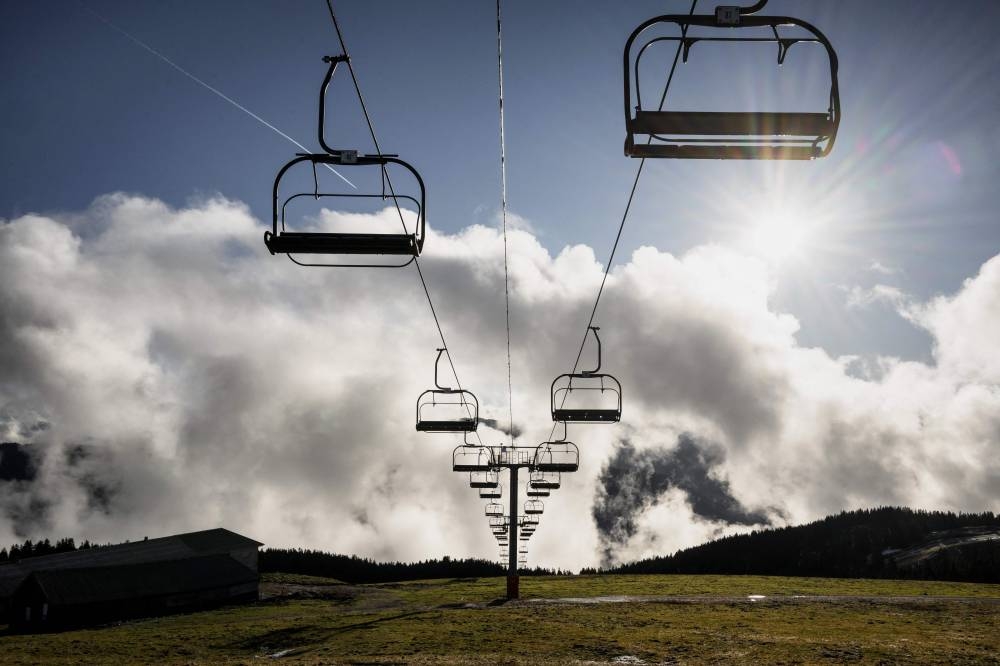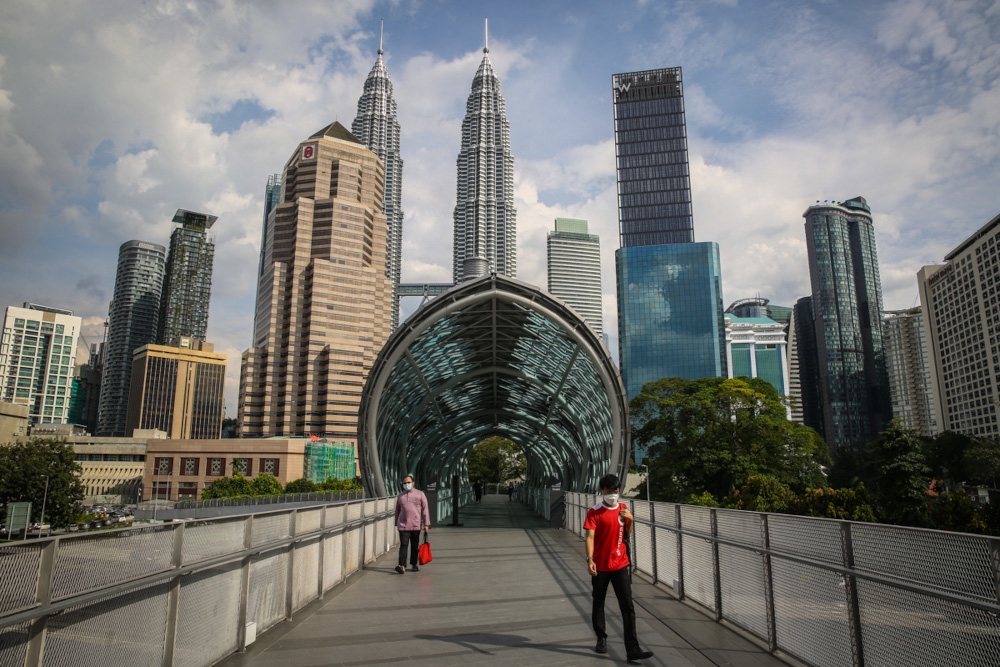JAN 15 — Many of Europe’s most famous ski resorts are without snow this year.
News reports have been showing us striking pictures of ski lifts going up still green and snowless slopes.
This might seem like an abstract and obscure problem especially if you’re sitting in Singapore far away from any fresh snow, pistes etc. but it’s a symbol of the changing climate.
While one bad season doesn’t say much about the climate — it’s clear that the snow line has been getting higher for years. Glaciers have been retreating and snow has been falling later and later across Europe and America.

On a much larger scale, the ice sheets in the Arctic are retreating further than ever in summer and even in winter are no longer reaching anywhere near where they once did.
Satellite data is clear: Concentrations of carbon dioxide and methane in the atmosphere have been increasing and these greenhouse gasses are now more prevalent than at any time since modern records began.
The last decade has seen eight of the warmest years in history. So again by most metrics, it’s clear the world is getting warmer. But again beyond just warming, it’s obvious that the environment is being degraded on a massive scale.
There is plastic in every part of the ocean, forest cover has been drastically reduced almost everywhere. Just look at Singapore or any part of Malaysia; there is obviously far less forest cover than just a decade ago.
At the same time, the amount of energy we’re consuming has only increased.
Again this cannot lead anywhere good. We rely on the planet for its weather, climate and ecosystem but if these systems are disrupted and degraded, human activity and humanity in general will suffer — this much is obvious.
It’s understood by virtually everyone from primary school students to world leaders that something has to be done to mitigate humanity’s impact on the climate and environment.
No one though seems to have a very clear idea on what should be done, and who should be responsible for these changes.
The UN and essentially all the countries are committed to combatting man-made climate change as far back as 1992 but despite years of talks, we’ve seen incremental change.
Carbon credit schemes have been slow to take off, electric vehicles are hardly the norm, use of renewable energy is increasing but the world is still burning enormous amounts of fossil fuels.
Deforestation — even of core rainforest ecosystems — continues at a pace.
The reality is that while we all know conservation is important, the truth is the modern capitalist system does not reward or value environmental initiatives or doesn’t value them sufficiently.
Brazil or Indonesia can earn billions of vital dollars by clearing their rainforests and planting commercial crops — how much can they earn by leaving the forests in place?
In a world where GDP and dollar reserves are everything, what’s the value of forest cover?
For mitigation efforts to work, developing nations have to be compensated for their efforts and frameworks need to take into account the years of emissions from industrialised nations like the UK, Germany and the USA that industrialised earlier and have been polluting for longer.
But wrangles over who should pay for what have dragged for decades.
Meanwhile, corporations that ultimately pollute even more directly than states still see the environment as something tangential or some subset of corporate governance and not a core value.
This makes sense because companies too are still fundamentally judged on their balance sheets, not their environmental credentials.
So again while we all know things should change there just isn’t an incentive to make this change.
This applies directly to Singapore as well. While Singapore has put forward a plan to reach net 0 emissions by 2050, Climate Action Tracker (CAT) — an independent scientific analysis that tracks government climate action — found Singapore’s target grossly inadequate and insufficient.
I mean fundamentally on a per capita basis Singapore is virtually the richest country in the world. We can do more than achieve net 0 in 30 years’ time, we should also look beyond our borders as we are a centre for the whole world.
But it’s really not just us shirking our responsibility. The world’s most powerful nations have shown little leadership but we are getting to a point where inaction can’t be an option for much longer.
Sea levels really are beginning to rise, temperatures are rising and species are disappearing.
To reverse this, you need a fundamentally different framework to the one we have now and as the top down approach seems to have failed with regard to climate action, it’s really up to us as individuals to lead from the bottom up.
It really is time for change — the problem is we don’t have much time.
*This is the personal opinion of the columnist.





















